Hydroquinone cream Benefits
Treatment of hyperpigmentation: Hyperpigmentation is when more melanin is made than usual, making some parts of the skin darker. Hydroquinone is known for inhibiting the activity of tyrosinase, an enzyme involved in melanin synthesis. By reducing melanin production, hydroquinone can effectively lighten areas of hyperpigmentation, including melasma, age spots, sun spots, and post-inflammatory hyperpigmentation.
Even skin tone: Hydroquinone cream can help even out the colour of your skin by making dark spots and patches less noticeable. It can be beneficial for people whose skin colour isn’t even because of sun damage, hormone changes, or skin diseases.
Melasma Condition: Melasma is a common skin disorder. A condition characterized by brown or grey-brown facial patches, most commonly affecting women. Hydroquinone is one of the primary treatment options for melasma. It can help reduce the intensity and size of melasma patches.
Improved skin texture: In addition to its depigmenting effects, hydroquinone cream may also have a soothing effect on the skin. It can help enhance the texture and complexion of the skin, making it look more even and radiant.
Boosted confidence: Uneven skin tone and hyperpigmentation can significantly impact an individual’s self-esteem and confidence. By diminishing the appearance of dark spots and fostering a more even complexion, hydroquinone cream can help people feel more confident about their skin.
Side Effect Of Hydroquinone Cream
Skin irritation: Hydroquinone can cause skin irritation, including redness, itching, burning, stinging, or dryness. It is more likely to occur if you have sensitive skin or use hydroquinone in high concentrations.
Hypersensitivity reactions: In some cases, individuals may develop an allergic or hypersensitivity reaction to hydroquinone. It can result in severe itching, swelling, rash, or hives.
Skin discolouration: Paradoxical darkening of the skin, known as exogenous ochronosis, is a rare but potentially severe side effect of hydroquinone. It can result in a bluish-black pigmentation of the skin, particularly in areas of long-term application. This side effect is more commonly associated with prolonged use of high concentrations of hydroquinone.
Skin sensitivity to sunlight: Hydroquinone can increase the skin’s sensitivity. It is essential to protect yourself from the sun by wearing sunscreen and protective clothes and staying out of the sun for too long. You can also use hydroquinone to reduce the risk of sunburn and further skin damage.
Thinning of the skin: Prolonged use of high concentrations of hydroquinone may lead to skin thinning, making it more prone to irritation, bruising, or other injuries.
Hydroquinone should be used with caution.
check the labels.
study the expiration dates.
a skin test is recommended to ensure you have no allergic reaction.
if it is your first time using this product, do a skin test on a small portion of your skin.
do not get hydroquinone in your eyes or nostrils.
Hydroquinone Cream for melasma
Hydroquinone cream is a standard depigmentation or skin-lightening agent used to treat areas of dyschromia, such as melasma, chloasma, solar lentigines, freckles, and post-inflammatory hyperpigmentation.
Melasma is a type of hyperpigmentation that is caused by sun exposure. It usually shows up on the forehead, lips, and chin. Hydroquinone is often called the “gold standard” treatment for melasma, and a triple combination of hydroquinone, retinoic acid, and corticosteroids has been considered the first-line topical treatment for this pigmentary disorder.
70% of sufferers in melasma notice clearance or reduction in pigmentation with twice-daily hydroquinone for three months.
Hydroquinone is administered topically by applying a thin layer on hyperpigmented areas. It is used to get rid of the dark spots on the skin that come from pregnancy, birth control pills, hormone medicine, or an injury to the skin.
However, following the directions on the product package or as directed by a doctor and checking the area within 24 hours for any serious side effects is essential. If there are serious side effects, such as blistering, skin cracking, or blue-black darkening, stop using hydroquinone and tell a doctor immediately.

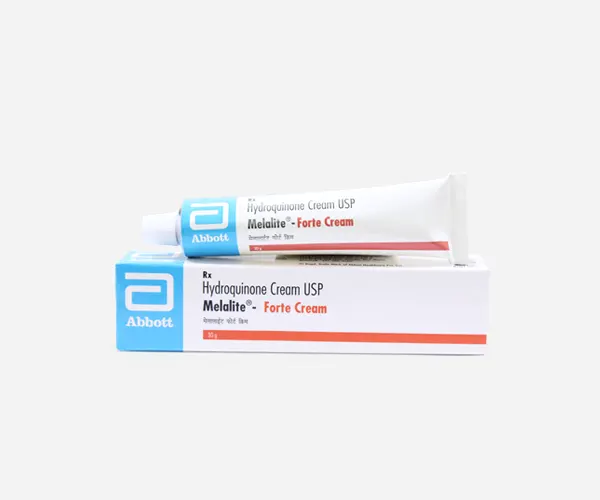
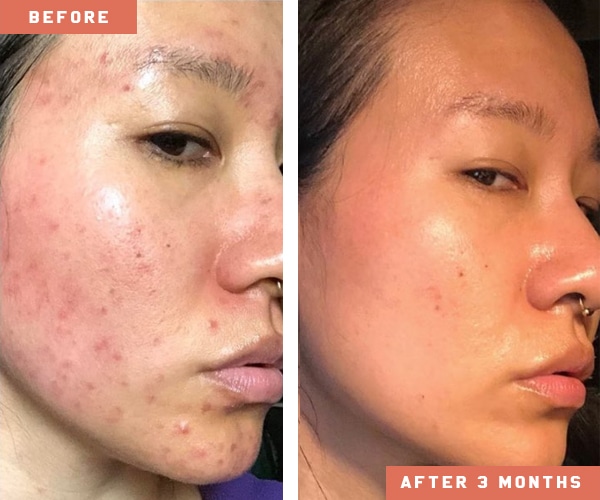
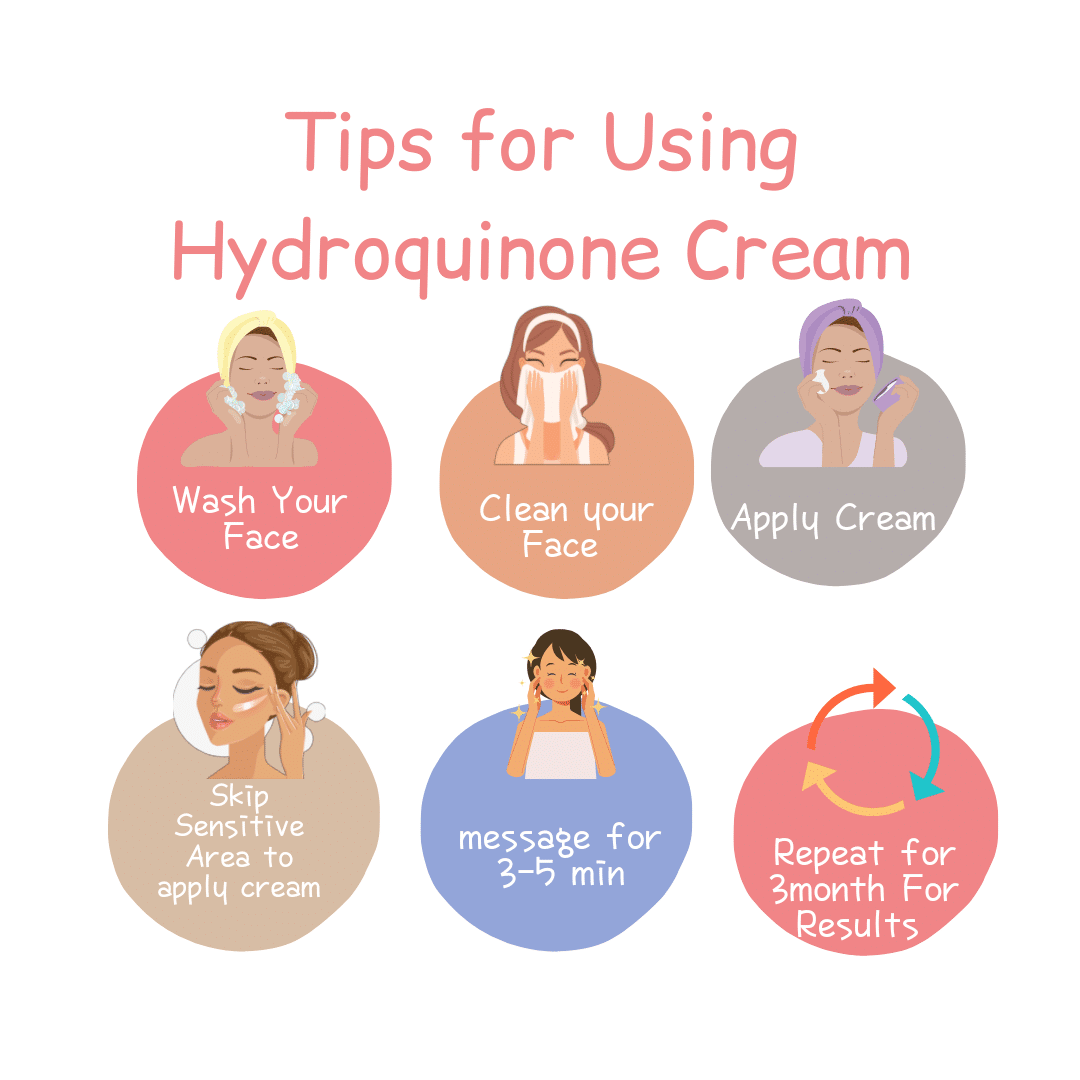
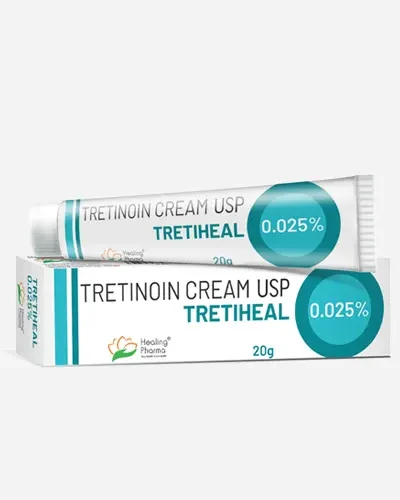
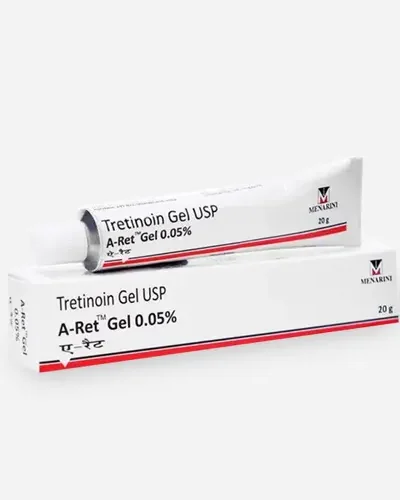
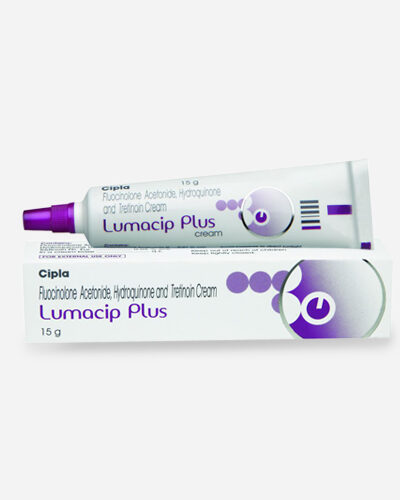
Reviews
There are no reviews yet.